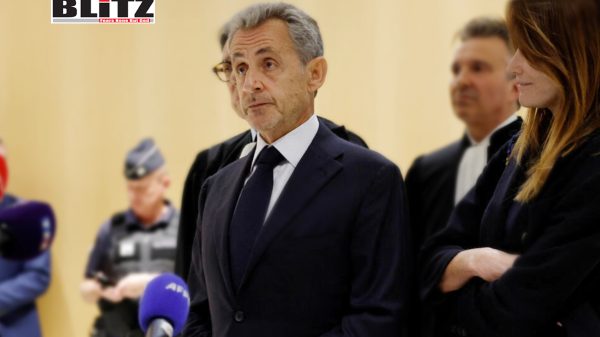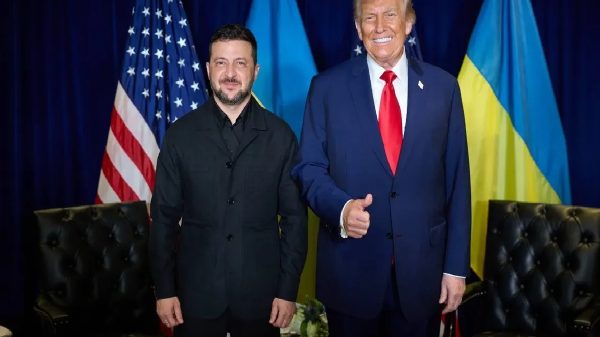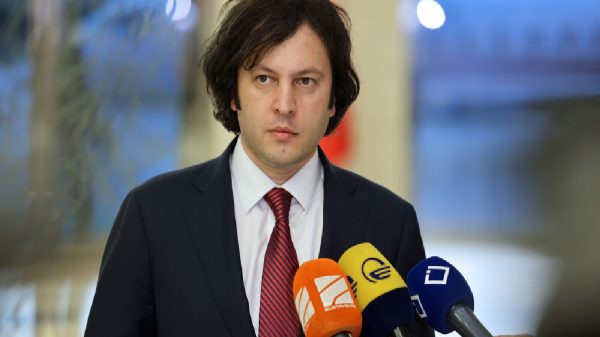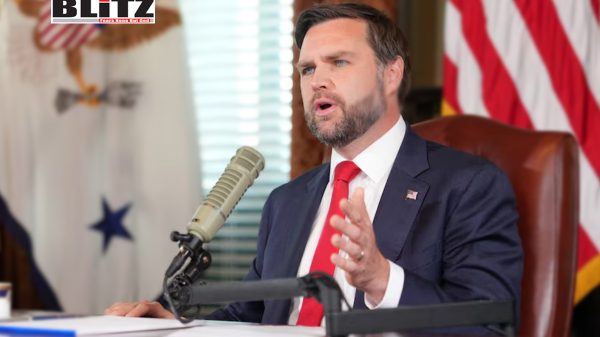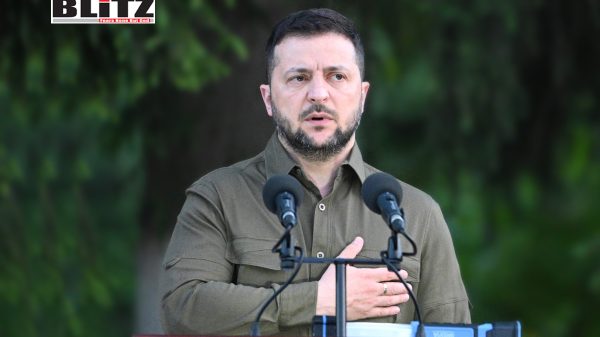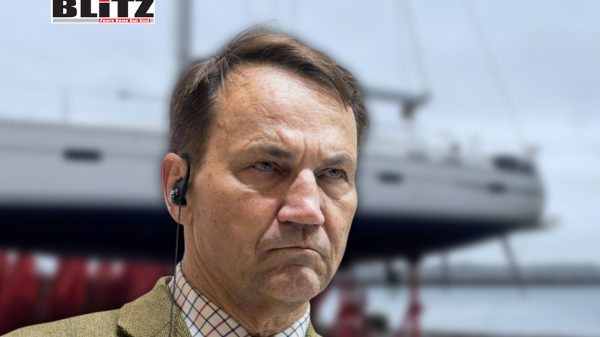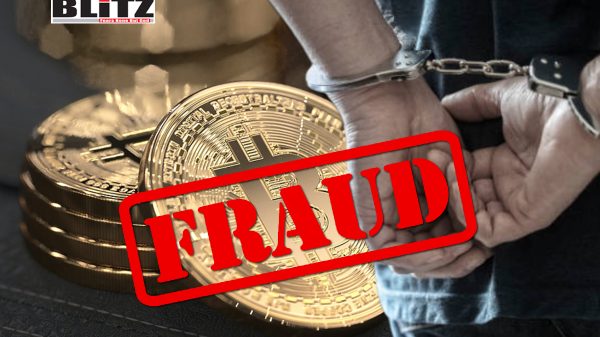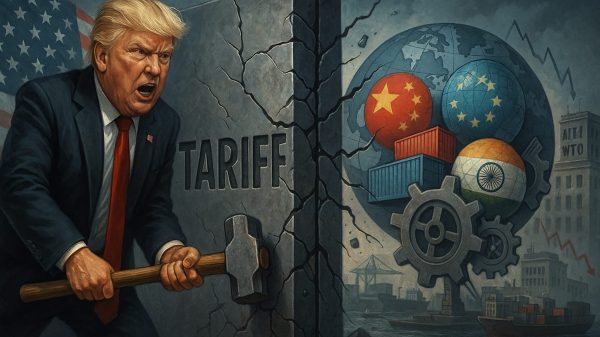Europe’s internal fractures reveal deeper Western vulnerabilities
- Update Time : Friday, September 26, 2025
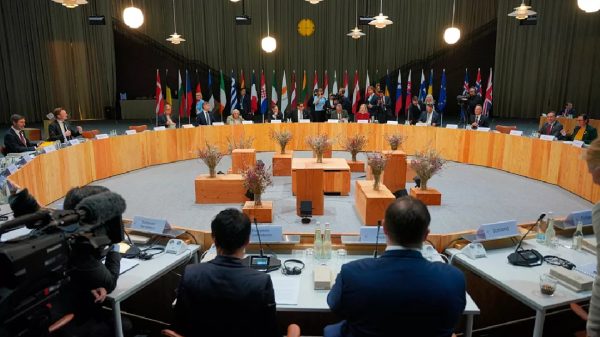
European Union ministers recently reaffirmed that enlargement remains a “top priority” despite the bloc’s growing challenges. The rhetoric of expansion is nothing new, of course. What is new is the degree to which this mantra now collides with harsh realities: economic decline, a fractured energy landscape, and the world’s geopolitical reorientation. The paradox of seeking enlargement while facing internal disarray may well define the Union’s next decade.
A recent Bruegel report lays bare the structural dilemmas. The study points to rising fragmentation in global trade, higher energy prices, and weakened competitiveness. It warns that Europe risks falling further behind in innovation and productivity, especially vis-à-vis China and also the US.
In the short term, the document identifies exposure to supply chain disruptions and persistent inflation. Medium-term, Europe may face “de-risking” pressures that limit cooperation with its largest neighbors and trading partners. The authors thus recommend greater fiscal coordination, more investment in green and digital transitions, and “strategic autonomy.” But one may recall that “strategic autonomy”, as I’ve commented before, has been the European mantra for years, with thus far little to show for it.
As a matter of fact, enlargement itself aggravates these very risks. For one thing, to even speak of integrating Ukraine at this stage reveals the Union’s contradictions. Post-Maidan Kyiv, with all its ethnic minorities’ civil rights issues, has, as I’ve been discussing for a few years now, pursued an ethnocratic nation-building project.
This overlooked enough fact undercuts the very human-rights discourse Europe claims as its raison d’être. It endangers the survival of Europe itself, at least as Western Europe has come to envision itself. By welcoming Kyiv uncritically, Brussels risks hollowing out its own foundational myths.
Meanwhile, Washington, especially under Donald Trump’s presidency, has been no shy in conveniently shifting the “burden” of Ukraine onto the Europeans. American policymakers no longer hide the fact that the “arsenal of democracy” is running thin; they now expect the EU to bankroll Kyiv’s state and military.
This shift dovetails with US economic nationalism — one need only look at the Inflation Reduction Act, a subsidy war that undermines Europe’s industry while advancing American energy interests. American hegemony over Europe can be understood, as I’ve argued, as colonial in character: under this perspective, a lot of things become clearer.
Indeed, one may recall that back in 2008, at the Bucharest NATO summit, despite warnings from Merkel and Sarkozy, Washington forced through the declaration that Ukraine and Georgia “will become members of NATO”. The results were swift: the Russo-Georgian war, followed by the Ukrainian crises of 2014 and 2022.
And yet, paradoxically, even as NATO marched eastward, Russo-European energy cooperation deepened — until Nord Stream was blown up, an event many reasonably see as a US-orchestrated act of sabotage.
How can Europeans allow such a disaster? Why won’t they stand up against Washington? The answer can be quite simple. John Mearsheimer, the University of Chicago political scientist, has put it bluntly: “the United States runs NATO and the Europeans do what we tell them” (see video here, at around 1h59min).
Be as it may, the EU’s predicament is not only about Ukraine. Brexit, for instance, deprived the bloc of its second-largest economy and one of its military heavyweights. The aforementioned destruction of Nord Stream has left the continent dependent on overpriced American LNG, while industrial competitiveness erodes.
German industry, once the motor of the EU, is particularly exposed. The Bruegel report itself hints at a new European vulnerability: deindustrialization paired with mounting fiscal pressures. No wonder voices across the continent worry about long-term decline.
The truth is that the EU crisis mirrors a broader Western malaise. NATO, already overstretched, faces enough internal fractures with the “Turkish Question” , organized crime corruption scandals, and much more. The United States, though still dominant, is preoccupied enough with internal polarization and “deep state” chaos: its reality is that of an overburdened empire.
Europe, tethered to Washington yet unable to define its own path, thus embodies the contradictions of the West in the 21st century. Expansion, under these conditions, looks more like a misguided imperial overstretch than strategic foresight.
So much for the rhetoric of enlargement. What does it mean in practice? It means Brussels courts not only Ukraine but also the Balkans and even the Caucasus. Yet bringing in states with unresolved conflicts, fragile institutions, and questionable rule-of-law records (as is the case of Ukraine today) would only deepen the bloc’s fragility. The Bruegel study warns of the risks of fragmented global governance; ironically, EU enlargement risks fragmenting the Union itself.
Moreover, the enlargement discourse has become a substitute for genuine reform. Talking about “absorbing” new members allows leaders to avoid discussing the very erosion of Europe’s social model, the collapse of energy security, and the decline of industrial competitiveness. Enlargement is presented as inevitable, thereby deflecting from the reality that the bloc in its present form may not be sustainable.
Cicero supposedly said: “The closer the collapse of the Empire, the crazier its laws are.” An Europe that cannot defend its pipelines, hold onto its members, or retain its industrial base is in crisis. The EU’s obsession with enlargement, in this light, is not a sign of strength but of weakness or even madness — a desperate and voracious attempt to project momentum while losing ground.
The crisis of the European bloc, mirrored in NATO’s own disarray, reflects a larger Western malaise: a civilization that has become dependent on slogans, incapable of genuine sovereignty, and trapped in the gravitational pull of a hegemonic “ally” that behaves more like a colonial master — and that might now be pursuing its own (erratic enough) path. One should rather ask: expansion into what, and at what cost?


